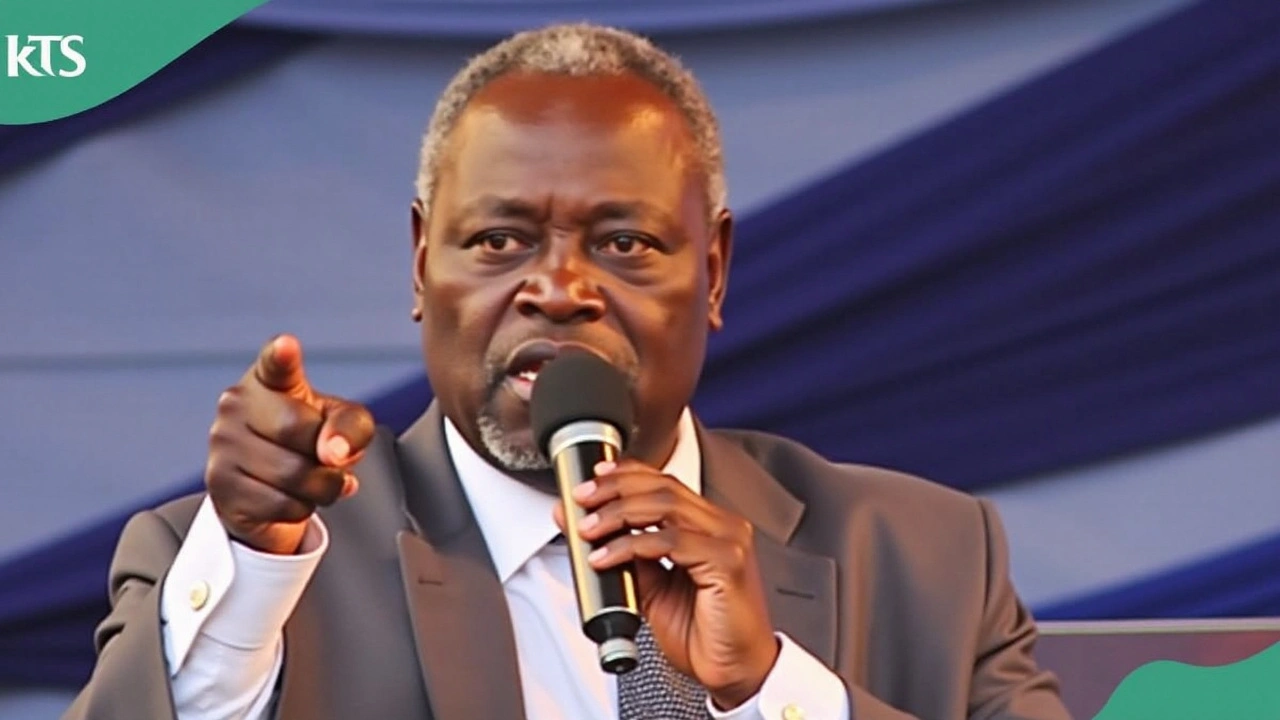Religious Unity: Why It Matters and How You Can Help
Ever wonder what happens when people of different faiths sit down and actually talk? You get a community that’s stronger, safer, and more supportive. Religious unity isn’t about erasing differences; it’s about finding common ground and respecting each other’s beliefs.
Why Religious Unity Matters
First off, unity cuts down on misunderstandings that often lead to conflict. When neighbors share their stories—whether they pray at a mosque, attend church services, or celebrate festivals—they realize many values overlap: kindness, charity, and hope for the future.
Second, united faith groups can pool resources for social projects. Think about joint food drives, school scholarships, or clean‑up days that bring together churches, temples, and mosques. The impact is bigger than any single group could achieve alone.
Finally, a united religious front sends a clear message to outsiders: hate doesn’t belong here. When you see people of different faiths standing side by side at community events, it discourages extremist narratives and builds pride in diversity.
Practical Ways to Foster Unity
Start with simple conversations. Organize a monthly interfaith coffee meet‑up at a local cafe or community hall. Keep the agenda light—share favorite prayers, holiday traditions, or personal stories. No heavy theology needed, just genuine curiosity.
Next, create shared service projects. A joint volunteer day at a shelter or a neighborhood clean‑up not only helps those in need but also gives participants a chance to work side by side. When people see each other’s good deeds, respect grows naturally.
Use social media wisely. Set up a community Facebook group where different faith leaders post updates on events, ask for help, or celebrate milestones. A shared online space can spark dialogue that might not happen in person.
If you’re a teacher or youth leader, bring interfaith education into the classroom. Short lessons about major world religions—highlighting common values like compassion and gratitude—can debunk myths early on.
Lastly, celebrate each other’s holidays. Invite neighbors to your Eid feast, Christmas service, Diwali lights, or Buddhist Vesak ceremony. Experiencing traditions firsthand turns abstract ideas into real connections.
Remember, building religious unity is a step‑by‑step process. One conversation, one shared meal, one volunteer hour can ripple out into larger change. So why not start today? Grab a friend from a different faith and plan that first coffee meet‑up—you’ll be surprised how much common ground you already share.
Pastor Kumuyi Speaks on Allowing Muslim Clerics at Church Pulpit to Foster Interfaith Dialogue
Pastor William F. Kumuyi, leader of the Deeper Christian Life Ministry, has clarified why he permitted Muslim clerics to speak from his pulpit at a recent event. This historic decision, made in a neutral stadium setting, aimed to promote interfaith dialogue and cooperation, underscoring a vision of unity between religious communities.
READ MORE
